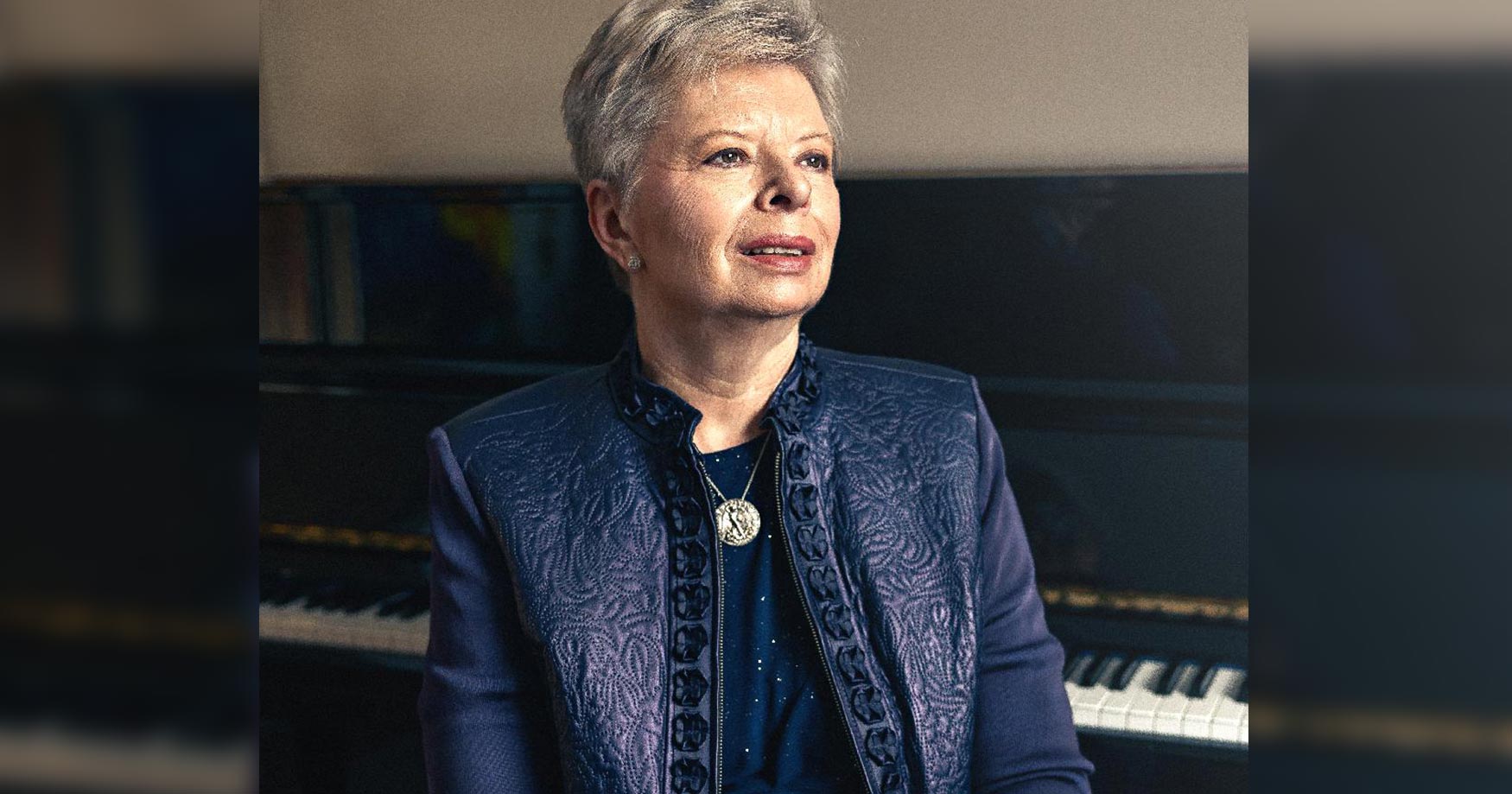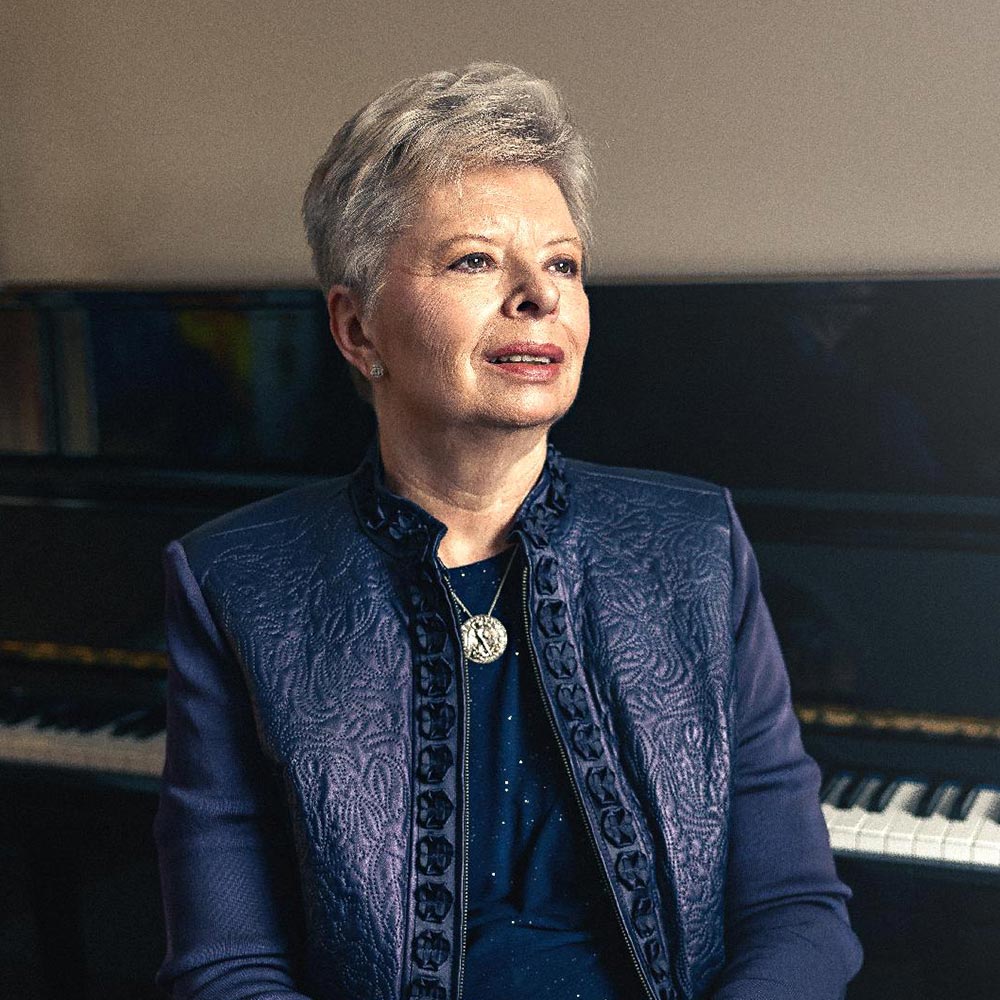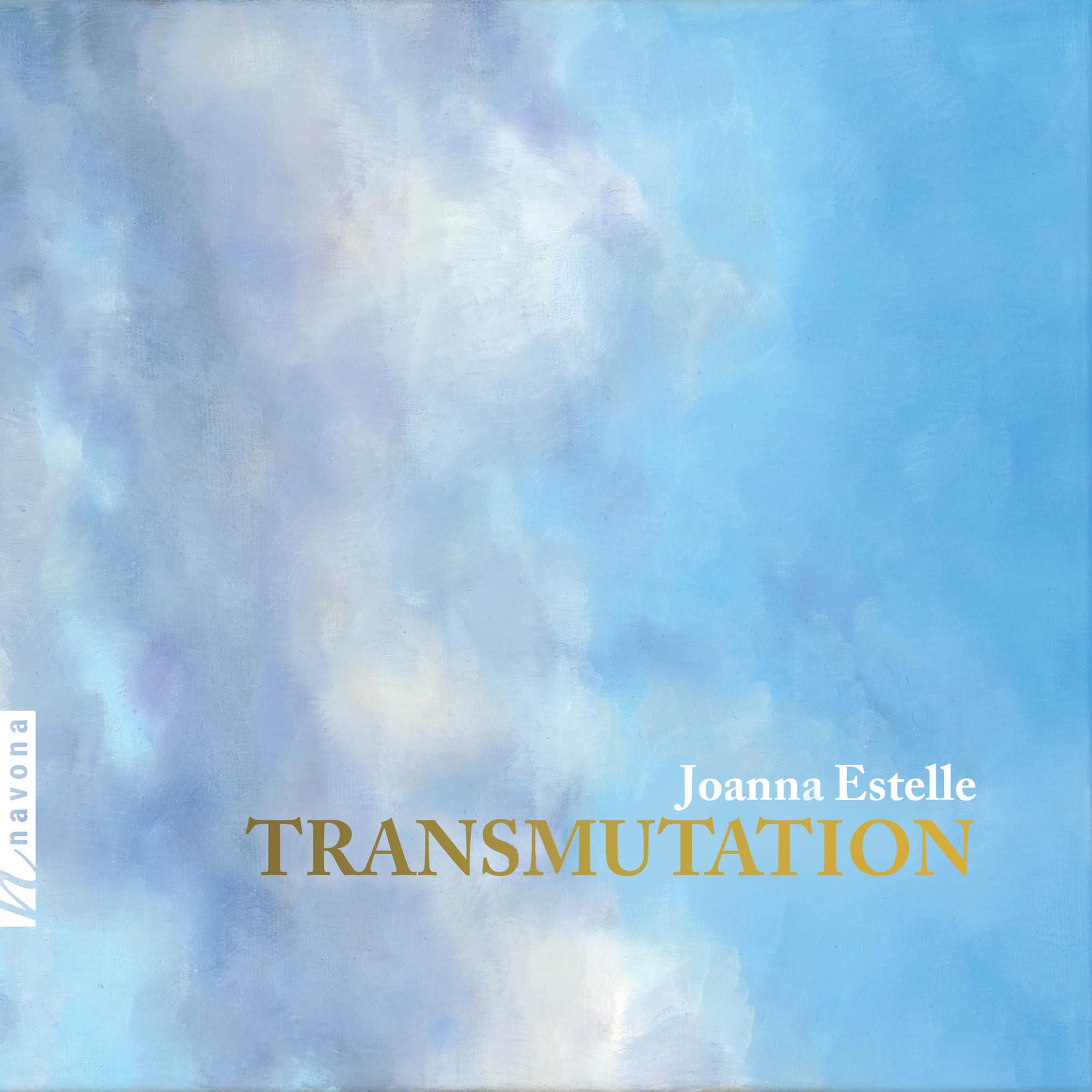
With music as vulnerable and exposed as the stories it tells, Joanna Estelle’s TRANSMUTATION is a reflection on the patterns of life through periods of both rain and shine, and the constants that keep us grounded through the changes that they bring. Estelle’s message is clear: to allow for change is to allow for healing.
Today, Joanna is our featured artist in “The Inside Story,” a blog series exploring the inner workings and personalities of our composers and performers. Read on to discover how she learned to trust her inner compositional voice, and how the Eastern European radio broadcasts of her youth inadvertently shaped her artistic influences…
Tell us about your first performance.
The first public performance of my work took place at Canada House, located on Trafalgar Square in Central London in November 1996. Canada House has been our nation’s diplomatic home in London since 1925. Susan Murray, a dear friend and fellow Canadian who lives in London, is an operatic soprano and she was invited to give a recital for the ambassador and staff in the residence. The program consisted of an impressive list of classical pieces, arias, etc. and two simple songs written by yours truly for the occasion. Sitting in the reception room at Canada House, I was truly overwhelmed to have my music performed in such a grand setting by a wonderful artist. I will never forget it.
If you could collaborate with anyone, who would it be?
I would love to collaborate with someone working on a film score, as writing theme music is something very close to my heart.
What advice would you give to your younger self if given the chance?
Throughout my earlier years, I allowed the opinions of others (particularly my parents) to interfere with my desire to compose. As well, I made the mistake of feeling that I should write what others were writing, rather than listening to my own inner voice. These both caused me a great deal of distress. If given the chance, I would advise my younger self to trust my inner composer’s voice more and not compare it with anyone else’s voice. As time has gone on, I have realized that, like all composers, my musical voice is unique and I believe that there is an audience for every voice.
What emotions do you hope listeners will experience after hearing your work?
The obvious answer for me is that the desired emotional response depends on the particular work. This is a very important question, but it seems that not every composer considers the listener’s emotional response which, to me, defeats much of the point of composing. From what I hear, many composers either focus on creating an “effect” or write to impress the audience with their technical expertise. But few seem to consider, “how will my listeners FEEL after they hear my piece?” My mission statement reads: “quality music uplifts humankind.” This indicates that, in general, my desire is to have listeners feel uplifted after they hear (or perform) one of my pieces. At the very least, my hope is that my music will open the door for each listener to find something in the sound to which they can relate.
What were your first musical experiences?
I grew up in a Ukrainian immigrant family in the 1950s where money was not plentiful, so there were no outings to hear a symphony or see a ballet in my childhood. Rather, we listened to Eastern European radio shows, sang sitting around the table after meals, and joined in with the ancient Byzantine liturgical chants in church. Although I later expanded my experience to include the popular music of the day (including the Beatles, etc.), my first musical experiences were in the home and at church, and it seems that they have influenced the music that I have written and continue to write.
What musical mentor had the greatest impact on your artistic journey? Is there any wisdom they’ve imparted onto you that still resonates today?
I can say without hesitation that the great American composer and arranger Alice Parker has had the greatest impact on my artistic journey. I studied with Alice for many years and fondly recall trips to her home in Hawley MA and score study classes in New York City. Like myself, Alice is an ardent supporter of classic song form, which is an art often dismissed in the current environment other than as applied to pop music. Her appreciation for the importance of following the meaning of text when writing melody, as well as her extensive exploration of tonality in arrangements have always resonated strongly with me. I am very grateful to Alice for helping me to acknowledge the validity of my musical voice and to have the courage to express it. I consider her my “musical mother.”

Joanna Estelle (Storoschuk) is a Canadian composer, lyricist, and arranger, born of Ukrainian parentage. Her music has won critical acclaim from Parliament Hill, Ottawa (Canada) to London (United Kingdom), Barcelona (Spain), Carnegie Hall (New York City), and elsewhere around the world. Estelle studied classical piano and theory with the Royal Conservatory of Music (Toronto) as a young person, but her parents deterred her from pursuing music as a career. Instead, she graduated in Psychology and English (Brock, 1972), then went on to study management accounting. However, her enthusiasm for music never waned.

